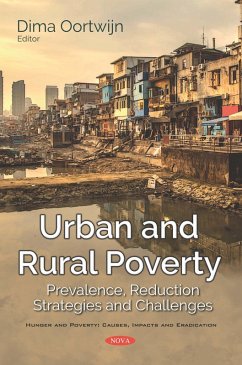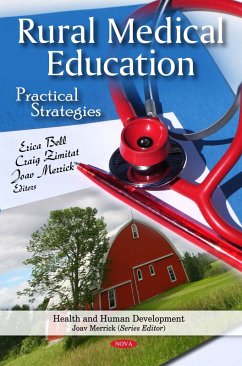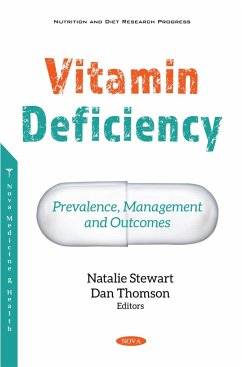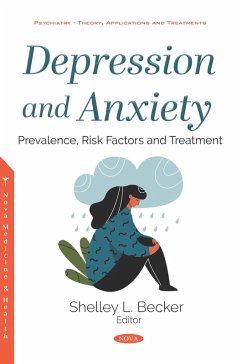Urban and Rural Poverty: Prevalence, Reduction Strategies and Challenges opens with a review of urban poverty in Bangladesh, analysing socioeconomic aspects of the marginal poor under three headings: migration and the urban poor, household characteristics, and neighborhood characteristics. Next, the authors investigate the extent of poverty in rural and urban Nigeria between 2004 and 2010. They examines the contributions of growth and redistribution factors to changes in poverty within the two sectors. The analysis was based on the National Living Standard Survey data of 2004 and 2009/2010 sourced from the National Bureau of Statistics and analysed using Shapley decomposition approach. This collection also examines how the socioeconomic characteristics of households influence rural poverty. The data for the study was extracted from the revised Nigerian General Household Survey data from 2010-2011, and a logistic regression technique was used to analyse said data. The authors argue that the improvement of rural access in developing countries is essential for the success of sustainable development goals, since poor access is one of the major causes of rural poverty and hampers rural development. The concluding chapter describes the experiences from a research project on modern logistic chains in the Mount Kenya region, demonstrating how small scale farmers organized, how important infrastructures such as rural roads, grading sheds and cooling devices were, as well as intermediate means of transport in combination with modern cooling logistics and communication technologies.
Dieser Download kann aus rechtlichen Gründen nur mit Rechnungsadresse in A, B, BG, CY, CZ, D, DK, EW, E, FIN, F, GR, HR, H, IRL, I, LT, L, LR, M, NL, PL, P, R, S, SLO, SK ausgeliefert werden.









